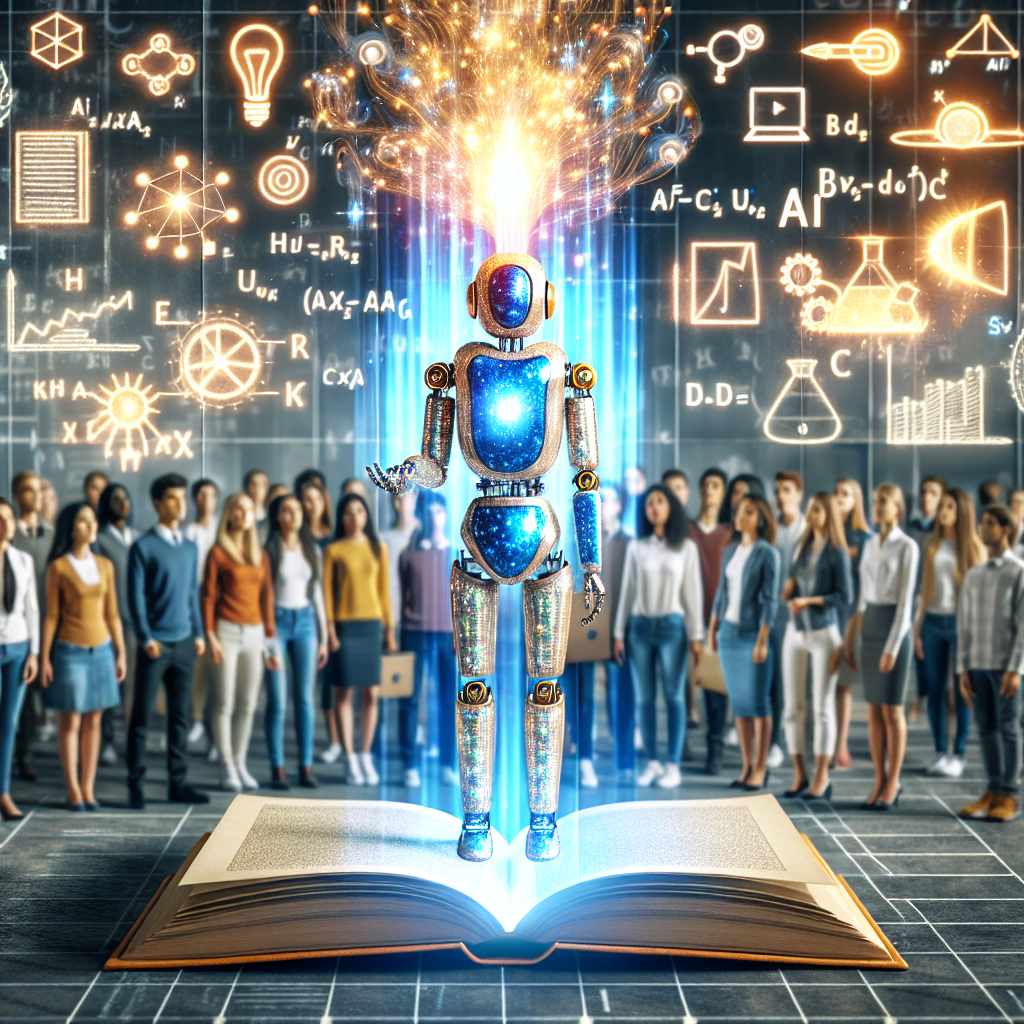Introduction
In recent years, the educational landscape has evolved dramatically with the integration of technology, particularly artificial intelligence (AI). AI has not only reshaped the way we learn but also how educators approach personalized learning. This article explores the various ways AI is enhancing personalized learning in education, ultimately striving for better educational outcomes for students of all backgrounds.
Understanding Personalized Learning
Personalized learning is an educational approach that tailors instruction to fit an individual student’s needs, interests, and learning preferences. Unlike the traditional one-size-fits-all model, personalized learning considers the unique characteristics of each learner. This approach encompasses various strategies including:
- Customized learning paths
- Real-time feedback
- Adaptive learning technologies
The Role of AI in Personalizing Education
AI technologies play a crucial role in driving personalized learning experiences. By leveraging data and analytics, AI can help educators create a more responsive and adaptive learning environment. Here are some key aspects of how AI contributes to personalized learning:
1. Data Analysis and Insights
AI systems can analyze vast amounts of data to identify patterns in student performance. By evaluating factors like strengths, weaknesses, engagement levels, and learning styles, AI can provide actionable insights to teachers. This data-driven approach allows educators to:
- Identify struggling students early
- Adjust instructional strategies to meet individual needs
- Tailor interventions based on specific challenges
2. Adaptive Learning Platforms
AI-powered adaptive learning platforms utilize real-time data to modify the learning experience dynamically. These platforms assess the learner’s progress and customize content based on their proficiency. Key features include:
- Personalized lesson plans
- Recommendation of resources tailored to individual interests
- Adjustment of difficulty levels based on performance
3. Intelligent Tutoring Systems
Intelligent tutoring systems (ITS) are designed to emulate human tutoring by providing tailored feedback and support. These systems utilize algorithms to adapt to the learner’s needs and can:
- Offer hints and explanations when a student is struggling
- Provide additional practice problems targeted at weak areas
- Create a supportive learning environment without the pressure of a traditional classroom
4. Gamification
AI can enhance gamification strategies within educational content, making the learning process more engaging and enjoyable. By analyzing user data, AI can:
– Adjust the complexity of game-based learning activities as needed
– Provide tailored rewards and incentives, catering to individual students
– Create personalized narratives based on the learner’s journey
5. Natural Language Processing (NLP)
NLP capabilities enable AI tools to interact with students in a more human-like manner. This can lead to personalized learning experiences through:
- Chatbots that assist with questions and provide information
- Speech recognition tools that help students improve reading and speaking skills
- Feedback systems that analyze written assignments for personalized improvement suggestions
Benefits of AI in Personalized Learning
The integration of AI in personalized learning brings a multitude of benefits:
- Increased Engagement: Customizing learning experiences keeps students motivated and engaged.
- Improved Learning Outcomes: Tailored approaches can lead to better understanding and retention of information.
- Scalability: AI makes it easier for educators to manage large classrooms by individualizing assessments and feedback.
- Accessibility: AI tools can cater to diverse learning needs, helping to bridge gaps for students with disabilities.
Challenges and Considerations
While AI stands to revolutionize personalized learning, several challenges and considerations must be addressed:
- Data Privacy: The use of AI raises concerns about student data security and privacy, emphasizing the need for stringent regulations.
- Equity in Access: Ensuring that all students have access to AI tools and resources is necessary to avoid widening existing achievement gaps.
- Dependence on Technology: While AI can provide support, it should not replace the essential human element in education.
The Future of AI in Education
As AI continues to evolve, its integration into personalized learning will likely expand. Future possibilities include:
- More sophisticated algorithms that understand emotional and social cues from students, leading to even more tailored learning experiences.
- Broader adoption of AI across diverse educational settings, including informal and non-traditional education.
- Collaborative learning environments using AI to foster teamwork and peer-to-peer learning.
Conclusion
Artificial intelligence is significantly enhancing personalized learning in education. By harnessing the power of data and adaptive technologies, educators can create individualized learning experiences that cater to each student’s unique needs. While there are challenges to overcome, the ongoing evolution of AI in education holds tremendous promise for improving student engagement and educational outcomes in the years to come.

